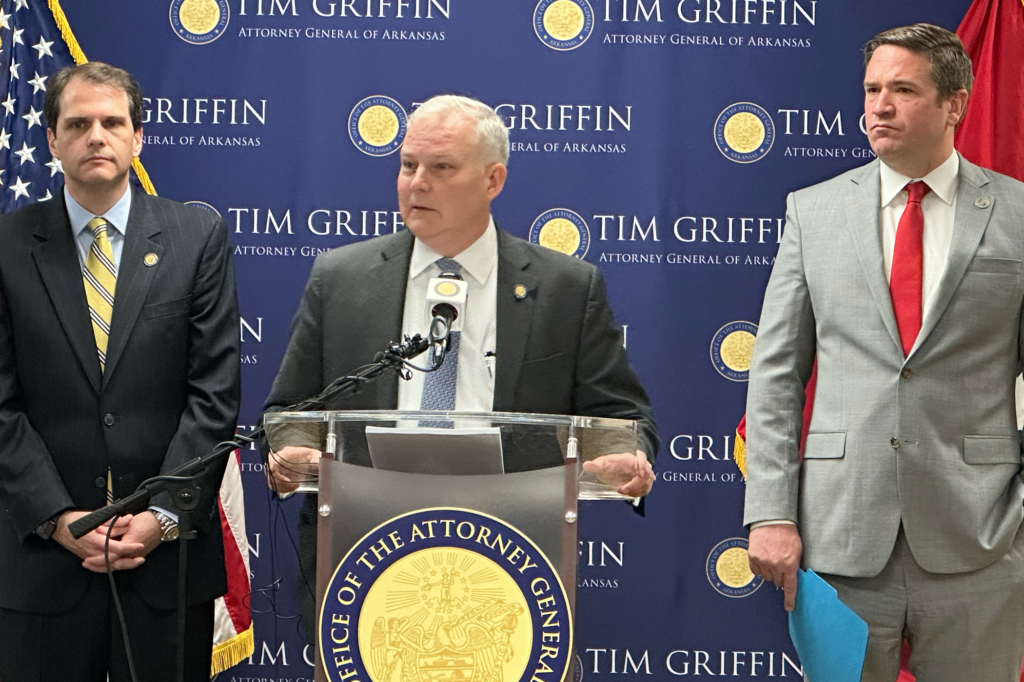Arkansas A.G. Asks Biden Administration Not to Reclassify Marijuana

Last week Arkansas Attorney General Tim Griffin joined 10 other state attorneys general in asking the Biden Administration not to reclassify marijuana.
In May the Biden Administration’s Justice Department announced plans to reschedule marijuana from a Schedule I drug to a Schedule III drug — putting it in the same category as anabolic steroids or Tylenol with Codeine.
The rule change would not legalize marijuana outright, but it could create more confusion about marijuana’s legal status and make it much easier for people to grow and use marijuana.
This proposed rule change comes despite growing evidence of marijuana’s serious — and permanent — impact on physical and mental health.
A body of scientific research reveals that marijuana is harmful — especially for teens and young adults.
Nationwide, since 2019, the number of kids diagnosed with cannabis-induced mental disorders, including schizophrenia and psychotic episodes, has increased by 50%.
And research has shown time and again that marijuana has a significant potential for dependence and abuse.
On July 22, state attorneys general from Arkansas, Nebraska, Alabama, Indiana, Iowa, Kansas, Louisiana, Mississippi, Montana, South Carolina, and South Dakota joined a statement urging the Biden Administration not to reschedule marijuana.
Among other things, the A.G.’s comments note that “rescheduling marijuana would violate the United States’ international treaty obligations” regarding illicit drugs, and that rescheduling marijuana would “compound the harms” that marijuana already causes.
As Family Council told the federal government in our public comments earlier this month, reclassifying marijuana would signal that marijuana has an accepted medical use when it actually does not. It would ignore the potential for abuse and dependence among users. And it would risk contributing to psychotic disorders and mental illnesses in America.
Marijuana may be many things, but “harmless” simply is not one of them.
Articles appearing on this website are written with the aid of Family Council’s researchers and writers.





